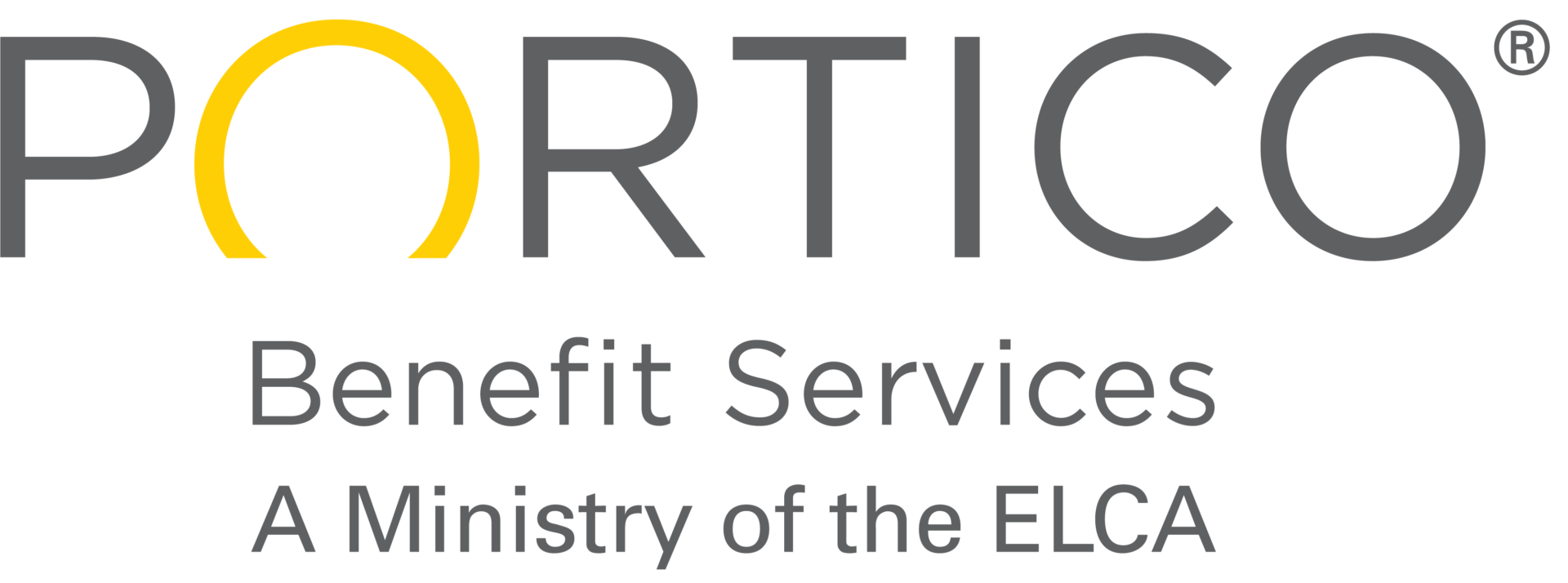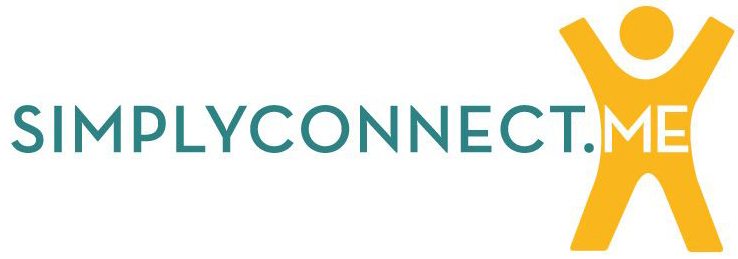Home > Our Work > People with Disabilities > Lutheran Services in America-Disability Network – Advocacy
Lutheran Services in America-Disability Network - ADVOCACY
Our Areas of Focus
All people with disabilities should have the opportunity to be full participants in their communities with the right to determine where they live and work. We are committed to working with people with disabilities to advocate for policy that will expand access to services, improve quality of life and provide greater independence.
These vital services and supports are only as strong as the workforce that provides them. Without an equal investment in that workforce, our nation will lack the qualified workers needed to provide long-term services and supports (LTSS) to the people who need them.
Medicaid should be structured so that supports and services are completely self-directed in the setting of the person’s choice, providing equal funding for community-based settings. Funding must also allow providers to adequately compensate staff across the board so that real long-term investments can be made in the workforce.
Advance policies that improve our ability to provide services to people with disabilities and strengthen the direct care workforce. To achieve this goal, the Lutheran Services in America-Disability Network pursues the following legislative and regulatory policies on the federal level.
- Strengthen the Direct Care Workforce with policies that provide competitive wages and improve recruitment and retention efforts of providers.
- Address Reimbursement Rates on the Federal Level.
- Expand Pipeline Programs for Direct Service Providers.
- Create a Standard Occupational Classification (SOC) for Direct Support Professionals (DSPs).
- Improve long-term services and supports (LTSS) by expanding access to home and community-based services.
- Pass a long-term increase in home and community-based services (HCBS) funding.
- Make HCBS a mandatory Medicaid benefit.
- Prioritize strong implementation of the HCBS Settings Rule.
Support policies that improve the broader lives of people with disabilities and direct care workers.
We recognize that a broad approach is needed to address the many challenges facing people with disabilities and direct care workers. The disability community and direct support professional (DSP) workforce are diverse groups represented throughout the country, and we cannot remain focused solely on the issues that impact our ability to provide services. We support broad policies that improve the lives of the disability community and direct care workforce on multiple levels:
- Strengthen financial security and independence
- Expand civil rights and protections
- Increase supports for direct care workers and their families
Advocacy Actions
ENDORSED LEGISLATION
- September 28, 2023
House of Representatives Bipartisan Letter to HHS Secy. Becerra Raising Concerns about SNF Minimum Staffing Rule
Lutheran Services in America endorsed a letter sent by a bipartisan group of Representatives raising significant concerns about CMS’s proposed rule mandating minimum staffing levels and 24/7 RN coverage at..
- September 26, 2023
The Housing Alignment and Coordination of Critical and Effective Supportive Health Services (ACCESS) Act
Senator Edward J. Markey (D-MA) and Senator Alex Padilla (D-CA) introduced the Housing Alignment and Coordination of Critical and Effective Supportive Health Services (ACCESS) Act. The legislation would align housing and services for people experiencing chronic homelessness and unnecessary institutionalization. In sum, the bill aims to make Medicaid services work better with housing.
- August 22, 2023
The Homeless Children and Youth Act (HCYA)
The legislation aligns federal definitions of homelessness for children and youth, streamlining assistance, leveraging resources, and bringing greater visibility to the reality of family and youth homelessness.
- July 28, 2023
Improving Access to Medicare Coverage Act of 2023
This legislation will make days spent in observation count towards Medicare’s three-day inpatient stay requirement for Skilled Nursing Facility (SNF) coverage.
- May 3, 2023
Volunteer Driver Tax Appreciation Act
The legislation raises the volunteer mileage rate to the standard business mileage rate for volunteers who drive their vehicles on behalf of charitable nonprofits to transport property or individuals.
- April 18, 2023
Family Stability and Opportunity Vouchers Act
The bill creates 250K housing vouchers, paired with mobility-related services (counseling, case management), targeted to families with young children to help them move to neighborhoods with good-performing schools, childcare, or..
LETTERS
- March 22, 2022
Letter to President Biden commending his support for home and community-based services in the State of the Union Address.
Lutheran Services in America-Disability Network joined a coalition of disability and aging organizations to thank President Biden for highlighting the need to expand home and community-based services in the State..
- March 17, 2022
Letter to Secretary of Health and Human Services Xavier Becerra and CMS Administrator Chiquita Brooks-LaSure
Lutheran Services in America-Disability Network joined a coalition of disability and aging organizations to urge the Administration to provide at least 120 days advance notice when it intends to lift..
- February 4, 2022
Letter to Senate Majority Leader Chuck Schumer, Speaker of the House Nancy Pelosi, Senate Minority Leader Mitch McConnell, and House Minority Leader Kevin McCarthy.
Lutheran Services in America-Disability Network joined a coalition of disability organizations to urge Congress to permanently adopt the changes to the Earned Income Tax Credit (EITC) and the Child Tax..
COMMENTS & STATEMENTS
- March 25, 2020
Statement on Senate’s Passage of the Coronavirus Aid, Relief, and Economic Security Act
Statement from Charlotte Haberaecker,President and CEO of Lutheran Services in America in response to today’s Senate passage of the Coronavirus Aid, Relief, and Economic Security Act (H.R. 748)
- March 30, 2022
Statement for the Senate Special Committee on Aging hearing entitled “An Economy That Cares: The Importance of Home-Based Care.”
Lutheran Services in America-Disability Network urged the Committee to provide long-term funding to help expand access to home and community-based services and address the direct care workforce crisis.
Get timely news on our Lutheran Services in America-Disability Network updates and advocacy work.











